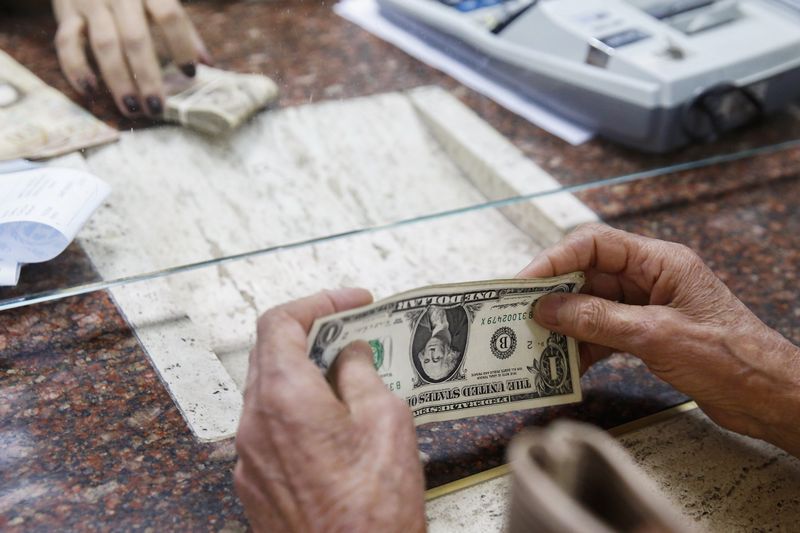The Euro Struggles as U.S. Dollar Gains Momentum Amid French Political Uncertainty
On Monday, the euro encountered significant challenges against a robust U.S. dollar, fueled largely by rising anxieties about a potential government crisis in France. These fears threaten the French government’s efforts to rein in an escalating budget deficit. The dollar, meanwhile, surged following the release of encouraging U.S. manufacturing data from both the Institute for Supply Management and S&P Global. In a notable monetary outlook, Federal Reserve Governor Christopher Waller hinted at a possible interest rate cut at the upcoming Dec. 17-18 meeting due to persistent restrictive monetary conditions. Following a slight decline in the dollar last week, it rebounded against a basket of currencies, reflecting the U.S. economic resiliency amid European political turbulence.
Investors are intensely watching the developments in France, where President of the far-right National Rally (RN) party, Jordan Bardella, announced intentions to support a no-confidence motion against the interim government unless its budgetary demands are met immediately. This escalated political turmoil has contrasted sharply with positive economic data from the U.S., leading to increased yields on French debt as the risk premium surged. With the euro declining 1% to $1.0469, it now faces its most significant single-day drop since early November, marking a troubling start to December for the currency, according to market analysts. Kyle Chapman of Ballinger Group emphasized the impact of waning political sentiment in France on the euro’s performance.
Meanwhile, the U.S. economy continues to display signs of strength, as manufacturing activity exhibited improvement in November, alongside the first increase in orders in eight months and a decrease in input prices for factories. The Institute for Supply Management’s manufacturing Purchasing Managers’ Index (PMI) rose to 48.4, up from October’s reading of 46.5, indicating a potential recovery. The S&P Global final manufacturing PMI also showed an increase to 49.7, surpassing earlier estimates. As a result, analysts noted that a solid U.S. economic backdrop is bolstering the dollar amid European adversity.
Despite the positive manufacturing data reinforcing the dollar’s position, Fed Governor Waller’s commentary suggests a cautious approach regarding monetary policy. His indications of interest rate adjustments signal that while cuts could occur, they will still keep policy relatively tight. Following Waller’s remarks, market expectations of a 25 basis-point cut in December surged to 79%, suggesting traders are preparing for potential easing after a string of robust economic reports. Conversely, futures markets have reduced expectations for a pause in rate cuts, reflecting a dynamic shift in market confidence.
The U.S. dollar index rose by 0.3% to approximately 106.33, supported by firm U.S. economic indicators. In juxtaposition, analysts continue to scrutinize developments in the French political landscape, particularly as the yield gap between French and German bonds widened, indicating escalating risk perception among investors. With no clear resolution in sight for the political deadlock in France, uncertainty looms over the nation’s financial stability. French lawmaker Marine Le Pen’s ultimatum for adherence to budget demands has only heightened concerns of governmental disruption.
As the euro struggles alongside increasing political volatility in France, key economic indicators from the U.S. will likely shape the ongoing dynamics between the two currencies. Market participants are particularly keen on the upcoming November payrolls report, anticipating a possible rise in job additions and an uptick in the unemployment rate. The interplay of these economic data points alongside the political uncertainty in Europe may establish a compelling narrative for currency markets in December, contributing to a landscape where the U.S. dollar continues to exhibit strength amidst challenges faced by the eurozone.






